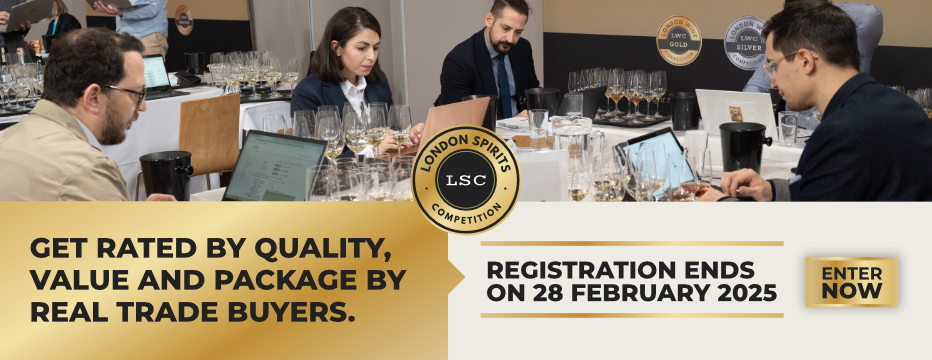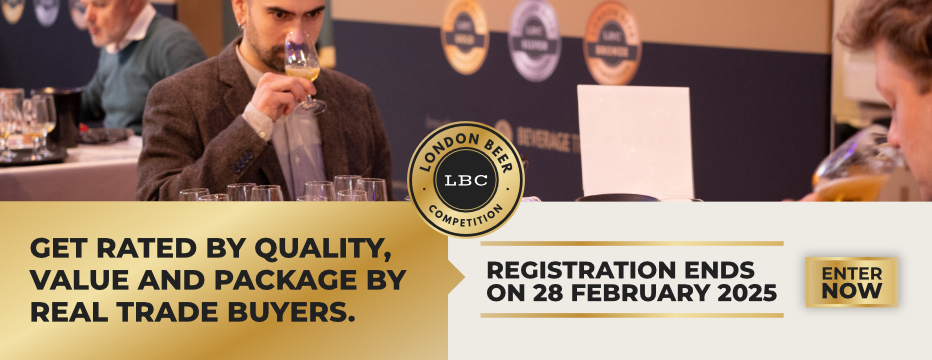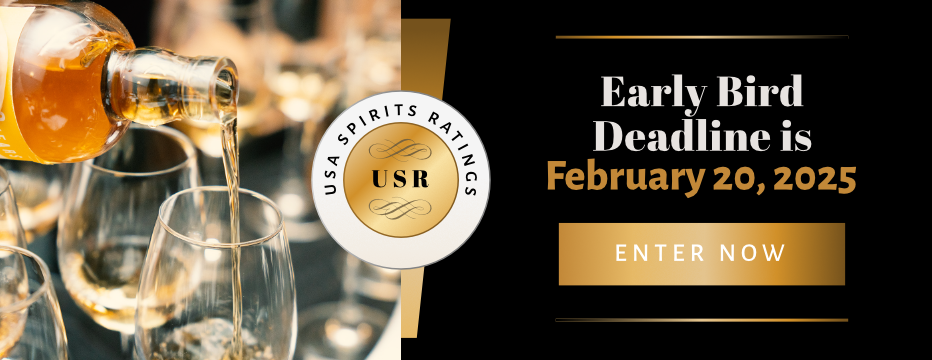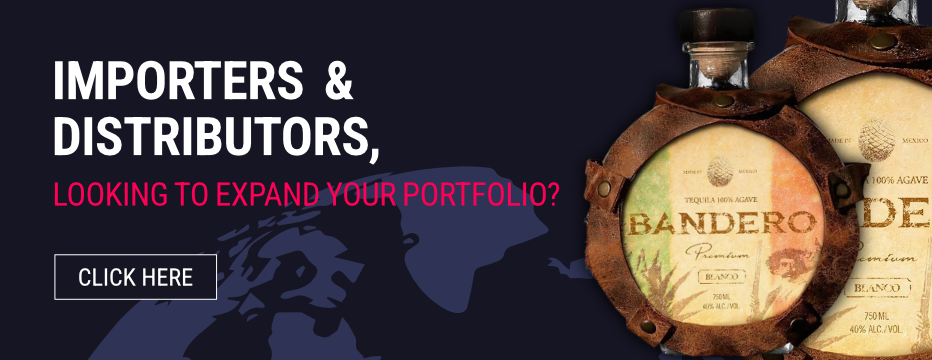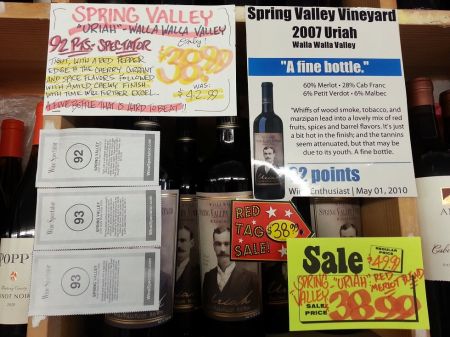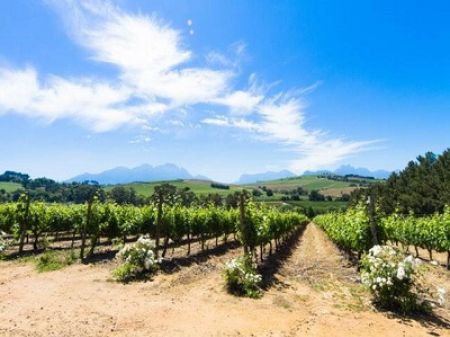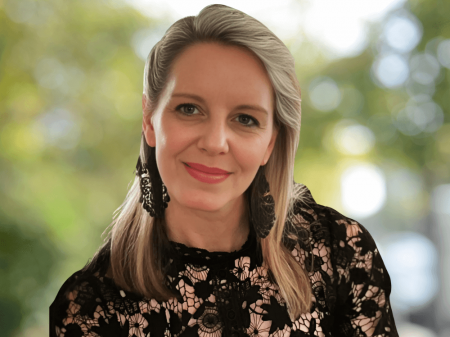Sommeliers Choice Awards 2024 Winners
FIVS in Focus: A Conversation with CEO Julie Hesketh-Laird
Sustainability, advocacy, and innovation are at the forefront.

Julie Hesketh-Laird, a seasoned advocate for the food and beverage sectors, stepped into her role as Chief Executive of FIVS in February 2024, representing a turning point for the global wine, spirits, and beer industry. As the first person to hold this newly created position, Hesketh-Laird brings a wealth of experience spanning public policy, sustainability, and commercial strategy. FIVS, a Paris-based non-governmental organization, has long been a vital platform for addressing public policy issues and fostering collaboration among industry stakeholders worldwide. In this exclusive interview, Hesketh-Laird shares her vision for a proactive and transparent FIVS, her priorities for the organisation, and how she aims to navigate the pressing challenges and emerging opportunities for a rapidly evolving global wine industry.
Malvika: Julie, thank you so much for taking the time to speak with me today. I am eager to know how you have settled into your new role as the Chief Executive of the FIVS and the plans you have for the organisation.
Julie: Thank you, Malvika, for this opportunity to speak with you. I was thrilled to join FIVS in February as its first Chief Executive.
Joining this incredible sector is a privilege, and since then I have been shaping our future FIVS strategy. I have enjoyed meeting the people behind the wonderful products, learning more about the unique qualities of each wine region, getting under the skin of their cultures, and learning about the extraordinary investments being made in the sector from sustainability to product development.
As I lead FIVS into this new era, I am committed to making FIVS a more proactive and transparent organisation with a sharper focus on a few agreed priorities and executing them with distinction.
Julie, as the new CEO of FIVS, what are your top priorities and key initiatives for the organization in the coming years? How do you envision FIVS evolving under your leadership, and what do you hope to accomplish during your tenure?
FIVS has a solid foundation as an outstanding network for the global wine community and I am grateful to those who laid the groundwork before me. Our next steps are to be more proactive and confident in our advocacy boosting the voices of our small team of staff and to better amplify the voices of our immensely talented and knowledgeable members. Under my leadership, I aim to ensure they are heard more prominently by important global stakeholders whose rules and standards have an enormous impact on wine-making. Our focus in FIVS is fourfold.
First, on wine and society, we will be the respected international voice for wine, promoting responsible consumption and making the case for wine as a cultural asset. Our focus is to advocate for evidence-based policies to reduce harmful drinking, making the case for moderation and enjoying alcohol as part of a healthy lifestyle.
Secondly, we want to build on the wine sector’s position as an innovative leader in sustainable agricultural, environmental, and production practices.
Trade is another priority. More than 40% of wine is exported from its country of origin. However, the IMD Business School estimates that less than 6% of global wine trade occurs without restrictions. And so FIVS will advocate for fair access to wine in all markets, for the sector and consumers alike, globally.
And our other top priority is fairness. We will be striving to secure workable and fair rules and standards for wine so that winemakers wherever they are or whatever their size have a fair, sustainable, and competitive operating environment that encourages innovation and promotes quality.
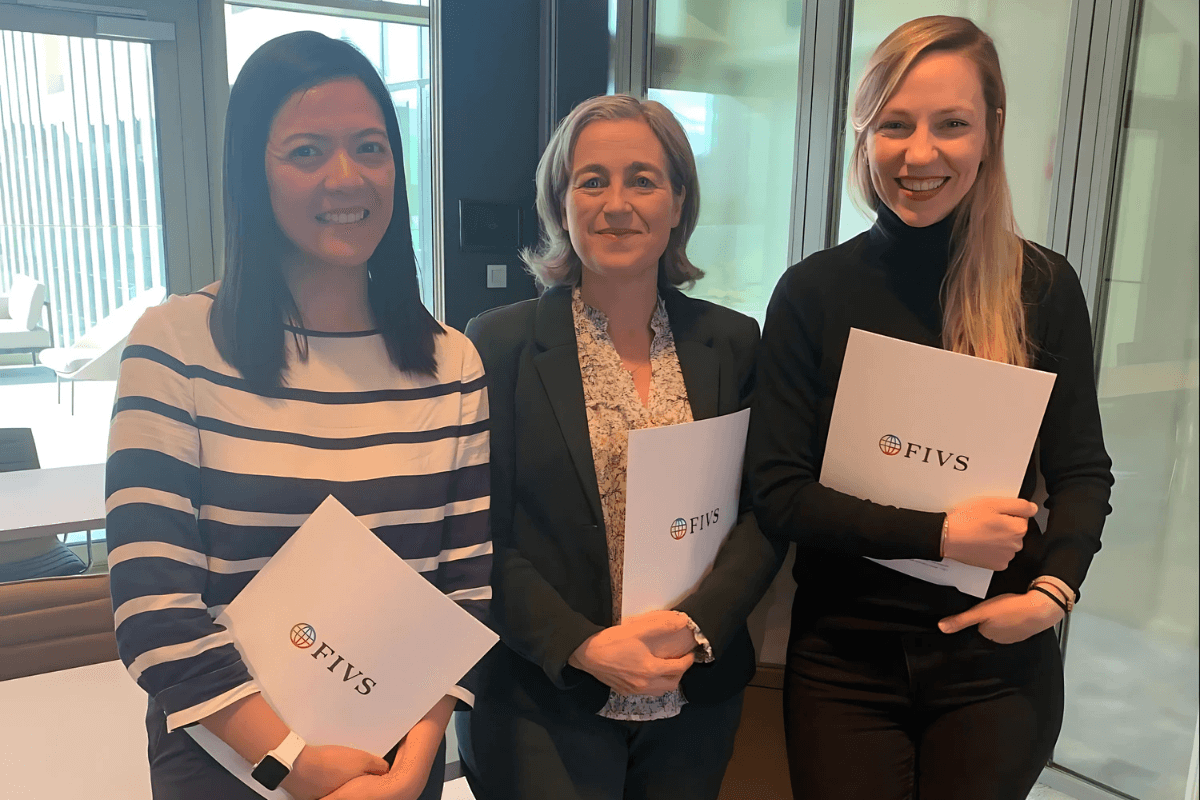
Image: FIVS’ team: (L-R) Karen Geronimo, Julie Hesketh-Laird, and Laura Gelezuinas.
FIVS aims for a global alcohol beverage sector operating sustainably and in consumer interests. How do you plan to achieve this vision, and what strategies will you prioritize to address the most pressing challenges facing the industry today?
Our vision is evolving. FIVS is focused on delivering a thriving, dynamic, and responsive international wine sector that generates sustainable economic growth in a fair operating environment. And a sector that promotes responsible production and consumption of the world’s most recognised and culturally significant drink.
We will need to take a multifaceted approach to achieve our vision. Importantly we will continue to shine a light on the great work of the sector in sustainable production, marketing, and consumption of wine and offer space for our members to share their good practices among the global winegrowing community.
We will continue to strengthen our engagement with global stakeholders such as the World Health Organisation, Codex Alimentarius, and the International Organisation of the Vine and Wine (OIV) to ensure that the regulations and standards being developed are evidence-based, balanced, and practical in the real world. And we will also speak up for the sector, globally, where inappropriate proposals are made that will impact wine.
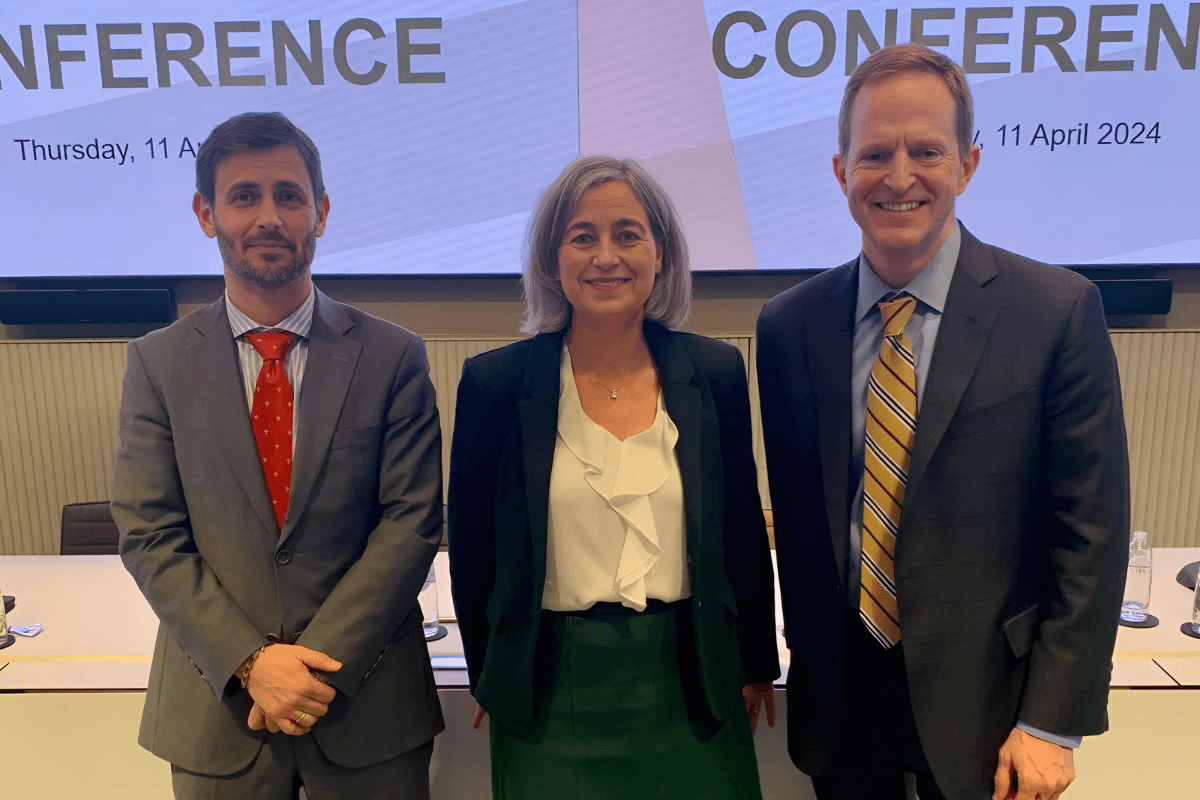
Image: (From L-R) Dr. Ignacio Sánchez Recarte, Julie Hesketh-Laird and Charles Jefferson.
Climate change poses a significant threat to vineyards and wineries. How is FIVS addressing this issue, particularly through its Global Wine Sustainability Principles and benchmark for wine sustainability standards? Given the industry's economic, regulatory, and environmental challenges, what opportunities do you see for FIVS and its members to innovate and adapt? How will FIVS approach advocacy on behalf of its members, and what impact do you hope to achieve through these efforts?
I have been struck, since I joined FIVS, by how resilient the wine sector is and how it has managed through both good and tough times to retain its status as the world’s most cherished drink. Moments of challenge often help spark significant innovation. The most interesting to me are those in developing the product offers in the sector – the push for ever better-quality products and premiumization, offering access to different or unusual grape varieties, and the big investments into developing ‘low-and-no’.
FIVS’ has an important role to play in ensuring that regulatory standards keep pace with consumer and industry trends and to work with bodies like the OIV and Codex to help their work remain relevant. We will continue our focus on social responsibility to help make sure that new initiatives focus on the real problem of harmful levels of drinking and not those who choose to drink responsibly and highlight the strong evidence supporting moderation. The sector is doing a lot to invest in no and low products for a wider range of novel wine-based offerings so that those who chose not to drink, can find alternatives.
Openness and transparency will be important in our advocacy efforts to grow trust and accountability in FIVS and the sector, particularly with the international health community through the World Health Organization.
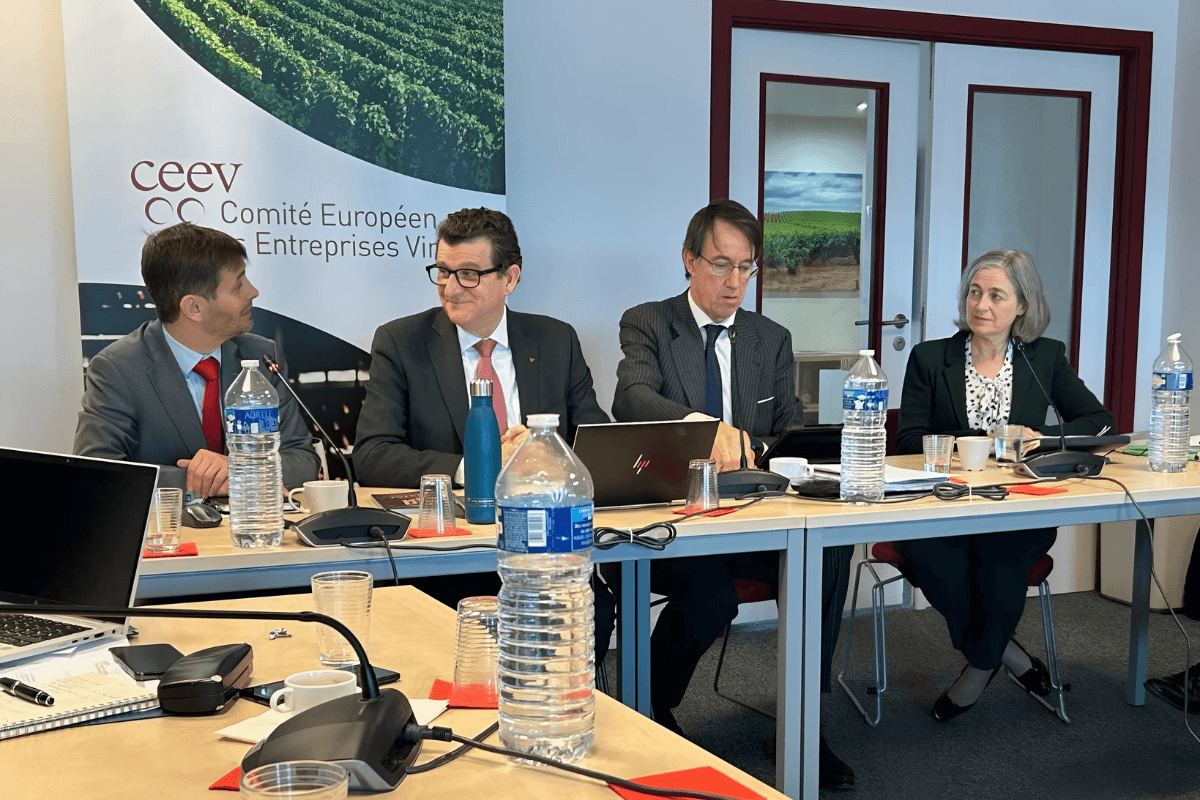
Image: Chief Executive Julie Hesketh-Laird was introduced to the CEEV - Comité Vins membership at their General Assembly in Brussels.
What are some unjustified trade barriers that the alcohol beverage sector faces, and how does FIVS work with governments and international bodies to challenge these barriers?
Around 30 new regulations are reported to the World Trade Organization annually and we support our members in assessing their impacts. FIVS will not hesitate to intervene in cases where there has been a failure to notify or to ensure that proposals are evidence-based and have been thoroughly assessed.
A major barrier is the imposition of import tariffs which make them less competitive than local products. But tariffs also impact supply chains and consumers, making choice more expensive. If President-Elect Trump does impose his promised 20% tariffs on imported wine this could have significant implications for the winemaking world, including those in the US from supply chains to consumers. We will watch carefully to see if and how the President-Elect takes this forward and scrutinize any firm proposals.
Any information offered to consumers must be evidence-led and science-based. I am concerned that we are losing sight of this when it comes to proposals for health warning labels on alcohol that create difficulties for trading wine and can mislead consumers.
There is a substantial body of evidence suggesting that moderate wine consumption can be beneficial. But in our increasingly binary world, we see a tendency for all-or-nothing advice which can be confusing for the majority of people who choose to drink and do so responsibly. Our focus in FIVS is on promoting a culture and practice of moderation and informed decision-making on whether and how much to drink. There are so many great company and trade body initiatives to promote responsibility; they start with our FIVS’s Guiding Principles for Advertising and Marketing for Alcohol Beverages and we showcase a number of social responsibility programs in our FIVS-Assure database. As a sector, we must be more confident in signposting the decades of independent published scientific research which point to wine being a low risk. Moderate consumption of wine can form part of a balanced lifestyle, especially when the social aspect of sharing wine is considered.
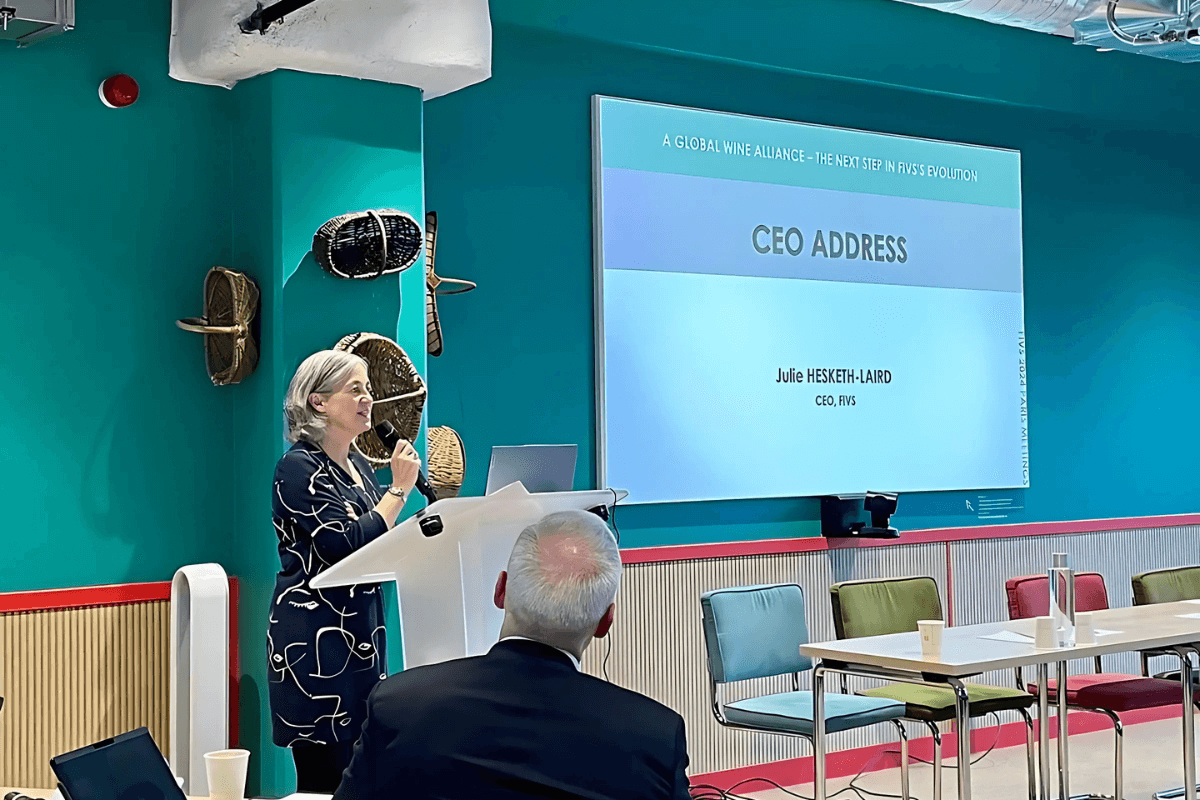
Image: CEO Julie Hesketh-Laird began with her official address, reflecting on the uncertain global operating context at FIVS Paris meeting.
FIVS interacts with international organizations and collaborates with industry stakeholders. How does FIVS strengthen its international networking platform to promote member interests and facilitate collaboration and information exchange? What role do you see for collaboration in addressing industry challenges?
What sets FIVS apart is our extensive engagement with global stakeholders. Our 'Official Observer' status at bodies such as Codex Alimentarius (the international food safety standards organization) and the OIV enables us to actively contribute to their discussions on the development of standards. This ensures that these regulations are not only practical and realistic but also balanced and fair.
We are seeking engagement at a more strategic level with these organisations to complement the current technical but important discussions taking place in the various working groups.
In October we were delighted to coordinate the first private sector-OIV strategic dialogue to share wine-sector opportunities and challenges with a key stakeholder. So we were pleased to see that the new OIV Strategic Plan for 2025-29 emphasises expanding and deepening external relationships and creating a dynamic forum for sectoral stakeholders to engage on strategic issues. This forward-thinking approach resonates with us as we believe that robust collaboration between the public and private sectors is essential for maintaining relevance in a rapidly evolving world. Together we can ensure that OIV standards are both impactful and practical.
What strategies will you implement to enhance engagement and participation among FIVS members? How do your experiences in the private sector, including as a partner in an independent spirits company, inform your approach to leading FIVS?
At our recent in-person meeting in Paris, we committed to being a truly global “wine-forward” organisation recognising that we are the only global private-sector organisation advocating for wine on the international stage. I have a personal goal in FIVS that we grow beyond our existing membership and attract more members to join and strengthen “the global voice of wine”. By welcoming members, we can incorporate a broader spectrum of viewpoints, ideas, and resources which will strengthen our advocacy and spur further innovation.
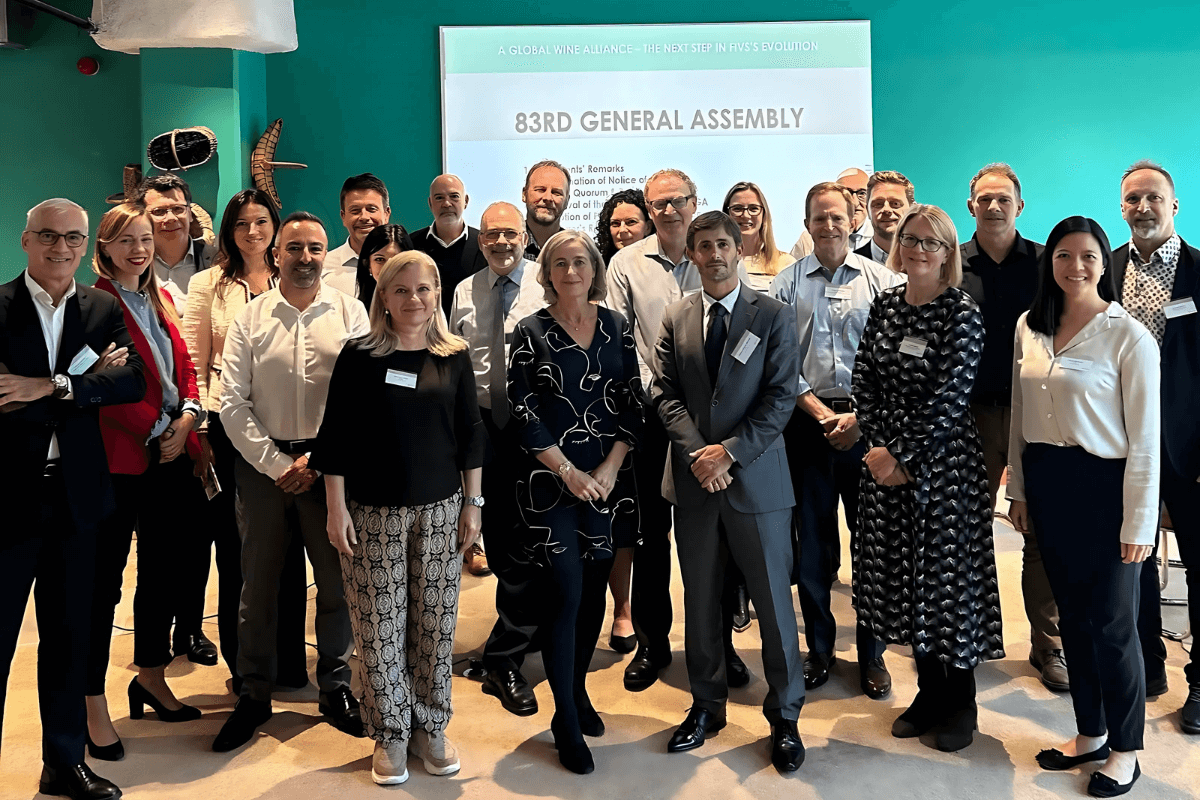
Image: FIVS CEO Julie Hesketh-Laird with President Ignacio Sanchez Recarte and other members at the FIVS General Assembly in Paris.
Which aspects of your previous roles do you believe will be most valuable in your new role as CEO of FIVS?
Most of my career has been in sector representation helping industries grow and thrive. I have learned that there will always be rules and regulations perceived as unfair or costly. However, I have learned that a focus on the most significant issues that have the biggest impact are those most worth engaging in, as helping resolve them will deliver the most meaningful outcomes for the sector. I recently did a three-year stint as a UK Government Senior Civil Servant which really helped me understand the details of how government policies are developed. Setting up my own bespoke spirits company aging Scotch to ultimately bottle has opened my eyes to the commercial realities of trading. And of course, while we wait for our spirit to mature, the virtues of hard work and patience that are required to achieve a truly exceptional outcome!
[[relatedPurchasesItems-38]]
Conclusion
Julie Hesketh-Laird’s leadership signals an exciting new era for FIVS. Her commitment to building stronger advocacy frameworks, promoting sustainability, and creating fairer trade conditions highlights the organization’s evolving role in supporting the global wine community. Hesketh-Laird seeks to establish FIVS as a leader in innovation and forward-thinking progress by fostering collaboration, championing responsible practices, and addressing industry challenges head-on. As the global wine, spirits, and beer sector continues to adapt to shifting consumer preferences, regulatory landscapes, and environmental challenges, her leadership promises to keep FIVS at the forefront of these critical conversations, driving meaningful change for its members and the broader industry.
In conversation with Malvika Patel, Editor and VP, Beverage Trade Network
Also Read:
What’s in the Bottle: A Look at European Wine Labeling Regulations
Leading the Charge: Sandro Sartor's Vision for Responsible Drinking
Navigating Global Alcohol Regulations: A Conversation with Abridge’s Bennett Caplan

